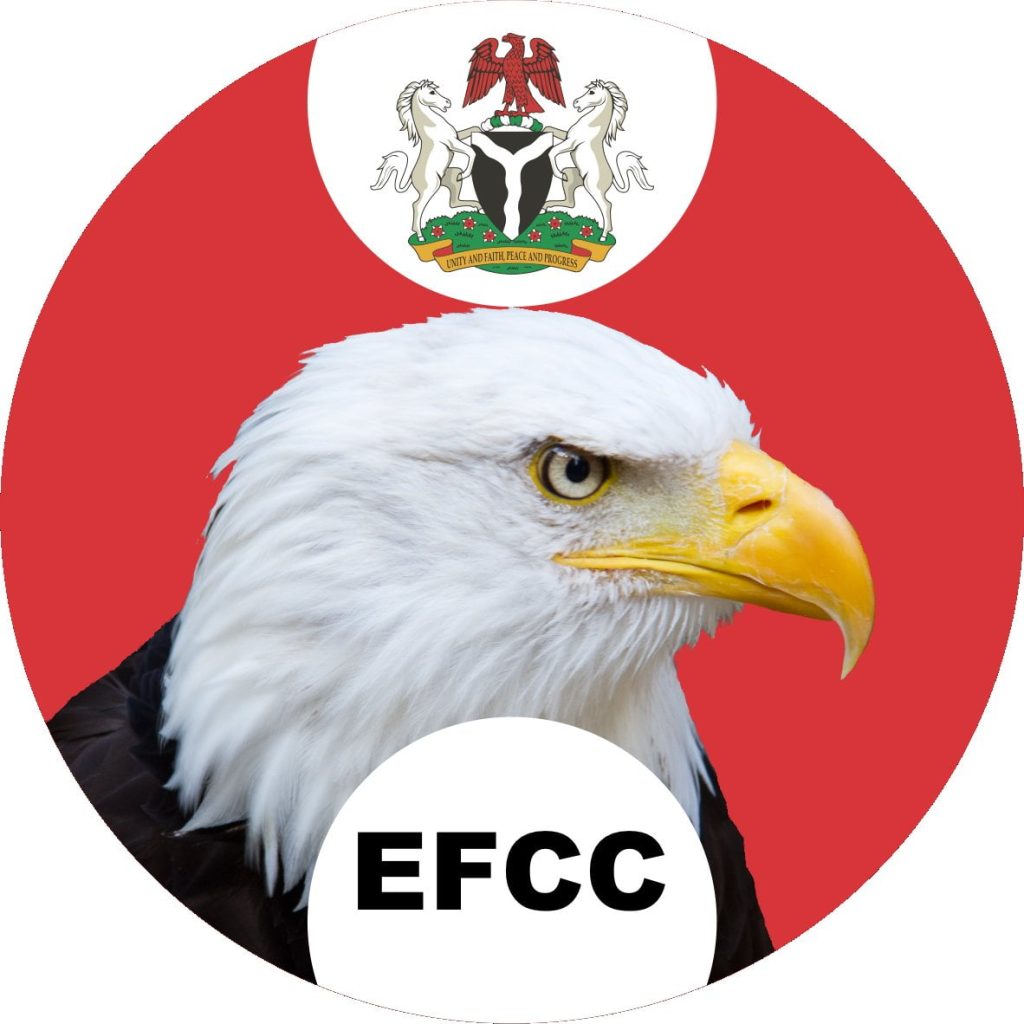Nigeria’s Economic and Financial Crimes Commission (EFCC) has dismissed allegations by the opposition African Democratic Congress (ADC) that its anti-corruption investigations disproportionately target political opponents. The ADC recently claimed it received EFCC summonses against its members, arguing the cases were not based on new evidence but revived to intimidate opposition figures amid shifting political alliances.
EFCC Chairman Ola Olukoyede rejected the accusations as “self-serving” and “diversionary,” stressing that the agency operates independently of political influence. “What defines a ‘fresh’ versus an ‘old’ case? Time does not invalidate the need to probe corruption,” he said in a statement released by spokesperson Dele Oyewale. Olukoyede emphasized that the commission’s mandate transcends political affiliations, with investigations underway against both ruling and opposition party members. Court records, he noted, detail charges against politicians from “all divides” for alleged financial crimes, including serving governors across multiple states.
The statement clarified that even prominent figures within the ruling All Progressives Congress (APC) are under scrutiny for suspected corrupt practices. “There is no sacred cow,” Olukoyede asserted. “Fraud is fraud. Corruption is corruption.” He urged the ADC and other groups to refrain from interfering with the EFCC’s work, cautioning against rhetoric that could inflame political tensions or distract from accountability efforts.
The ADC had framed the summonses as tools of political suppression, alleging biased timing tied to Nigeria’s volatile electoral landscape. However, the EFCC countered that those under investigation “know in their hearts” why they were summoned, adding that “nothing will make an innocent person answer any charge.” The agency urged the public to disregard claims it described as efforts to “whitewash” corruption and deflect attention from alleged mismanagement of public funds.
Nigeria, Africa’s largest economy, has long grappled with high-profile corruption cases, with the EFCC frequently facing accusations of selective prosecution. The commission’s latest rebuttal highlights its efforts to project neutrality amid heightened scrutiny ahead of electoral cycles. While critics argue enforcement remains uneven, the agency maintains its commitment to pursuing cases regardless of political ties—underscored by ongoing probes into figures from multiple parties.
Olukoyede concluded with a call for public support, stating, “All well-meaning Nigerians are enjoined to ignore statements meant to heat up the polity. Our focus remains on upholding accountability and recovering looted resources.” The exchange reflects broader debates about the intersection of governance, justice, and partisan rivalries in a nation where anti-corruption drives often collide with political realities.
